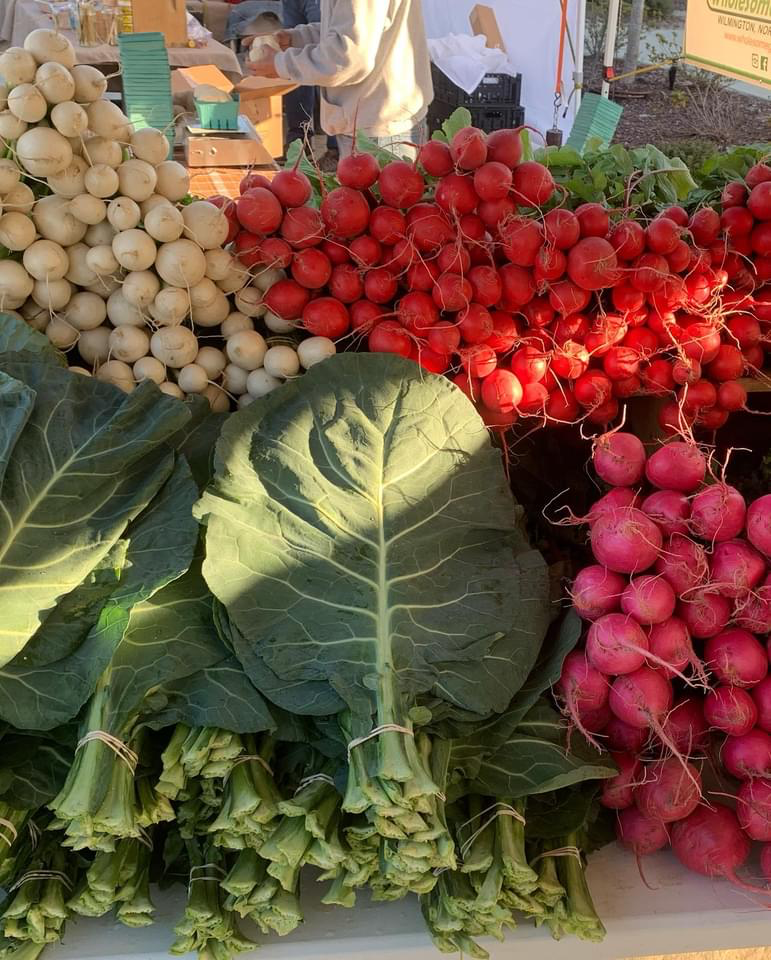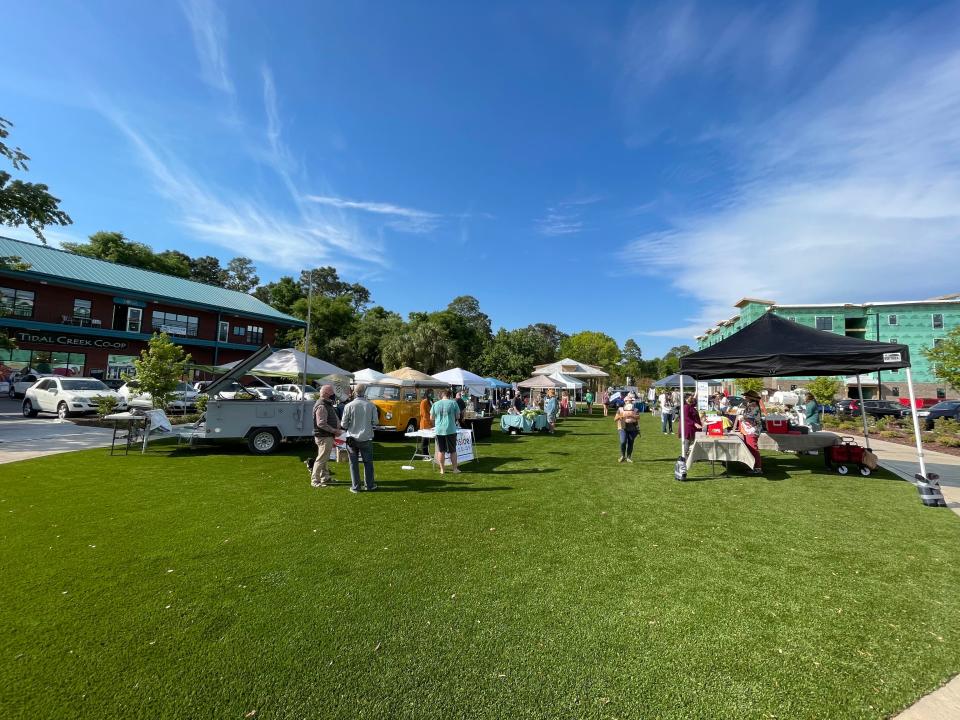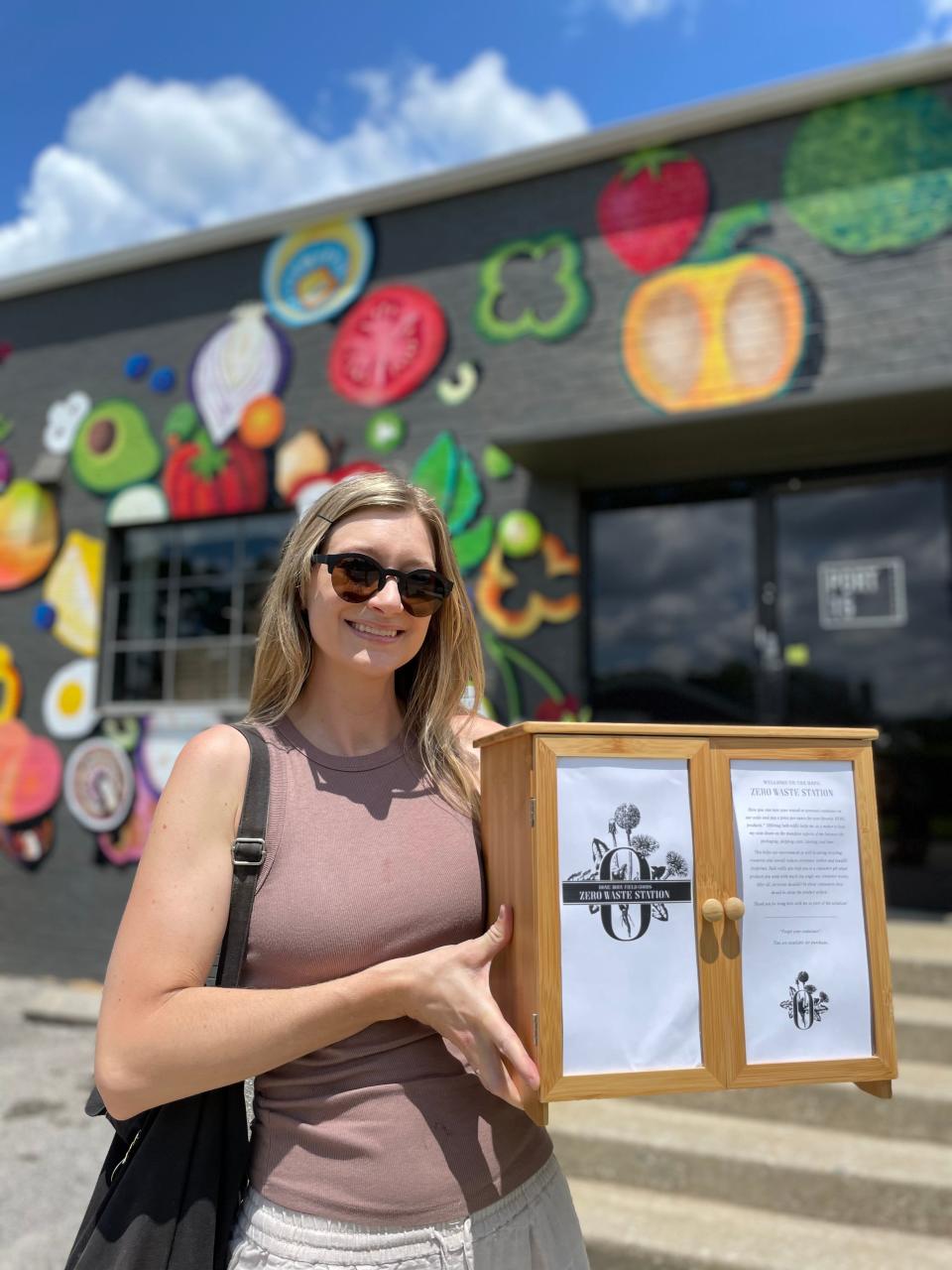The ultimate diet for you, the community, and the planet

It was the neighborly Fred Rogers who popularized the aphorism “There isn't anyone you couldn't learn to love once you've heard their story.”
Sadly, the opposite might be true for many of the products we routinely pass by or purchase from our supermarkets or online retail stores. If we knew the full story behind those boxes and bottles — of the workers, the communities, and the earth exploited in order for that product with ingredients and cruelties coming from all around the world to be right where it is in aisle number 19 — well, our supermarkets might be empty.
Grabbing a tub of ice cream can support the deforestation of tropical oil palm forests (and palm oil is found in over half of all packaged consumables in America). Your beauty products might hold the hideous history of the mica mines in India where children as young as 4 are forced into daily life-threatening labor. Similar effects on our people and planet can be traced through industries in which we commonly indulge like chocolate, soda, and fast fashion.

Another popular aphorism is that “nothing is free”; and, just so, nothing is free of a complicated history and consequence. As William Shakespeare once witticized, “Our thoughts are ours, their ends none of our own.” The same goes for our consumption.
The pandemic of the past two years and the evolving world at-large have ushered in two conflicting trends: online retail and localism.
Many of us are pushed towards the convenience and contactless courtesy of the global online market while another many of us are drawn towards the simple transparency and customer service that can be found within our own communities.
There’s essentially two concrete reasons for shopping locally: economy and ecology. The first is for your city and the latter for your planet (the two are fatefully entwined, of course). The economic benefit is demonstrated by the simple and at this point cliché fact that 50% of every dollar spent locally stays in your local economy while only about 15% of every dollar spent in chain stores remains.
The most common ecological benefit is in the limitation of transportation which not only comes with a carbon footprint but many other disturbances of the natural world— especially concerning maritime transport (which accounts for approximately 80% of international trade). In the industry of food this is known as “food miles” and people have begun using the metric for designing diets like the “100 mile diet.” Along these lines, another ecological incentive which is not as popularly mentioned has to do with your personal health — mental and physical. Ecology is defined as “the study of organisms and how they interact with the environment around them…the relationship between living things and their habitats.” The nutrition and peace of mind you receive from interacting with and consuming the natural resources surrounding you is participating in what biologists call “mutualism”— especially when those systems are circular or “cradle-to-cradle” and lack a negative effect on your local environment e.g. the pollution and permanence of our consumer waste.

We are very fortunate here in Wilmington to have such a talented and accessible community of local producers from which we can consume responsibly. Especially during the holidays you will find pop-up markets featuring such vendors all around town selling things like handmade body care balms, tea blends, clothing and much more at places like Satellite Bar in the South Front District. Less transient locations for such things are Village Oasis near the Riverfront District and Homegrown Market in the Cargo District of downtown— which has not only local handmade goods (in bulk) but also local produce from many of the same farmers featured at Tidal Creek Co-op and its farmers market, which is perhaps Wilmington’s greatest establishment to date in terms of responsible consumerism. Cutting out the middlemen in our chains of commerce and consuming locally is an incredibly important, efficient step en route to individual and collective sustainability. Next is consuming essentially.

Blair Houtz serves as a volunteer sustainability advisor to the North Carolina Cooperative Extension — New Hanover County center and Arboretum, in our goal to be a “low waste facility”. The Arboretum is free and open daily from 8 a.m.- 5 p.m., holidays included.
This article originally appeared on Wilmington StarNews: Help the community and the planet by buying local produce and products

